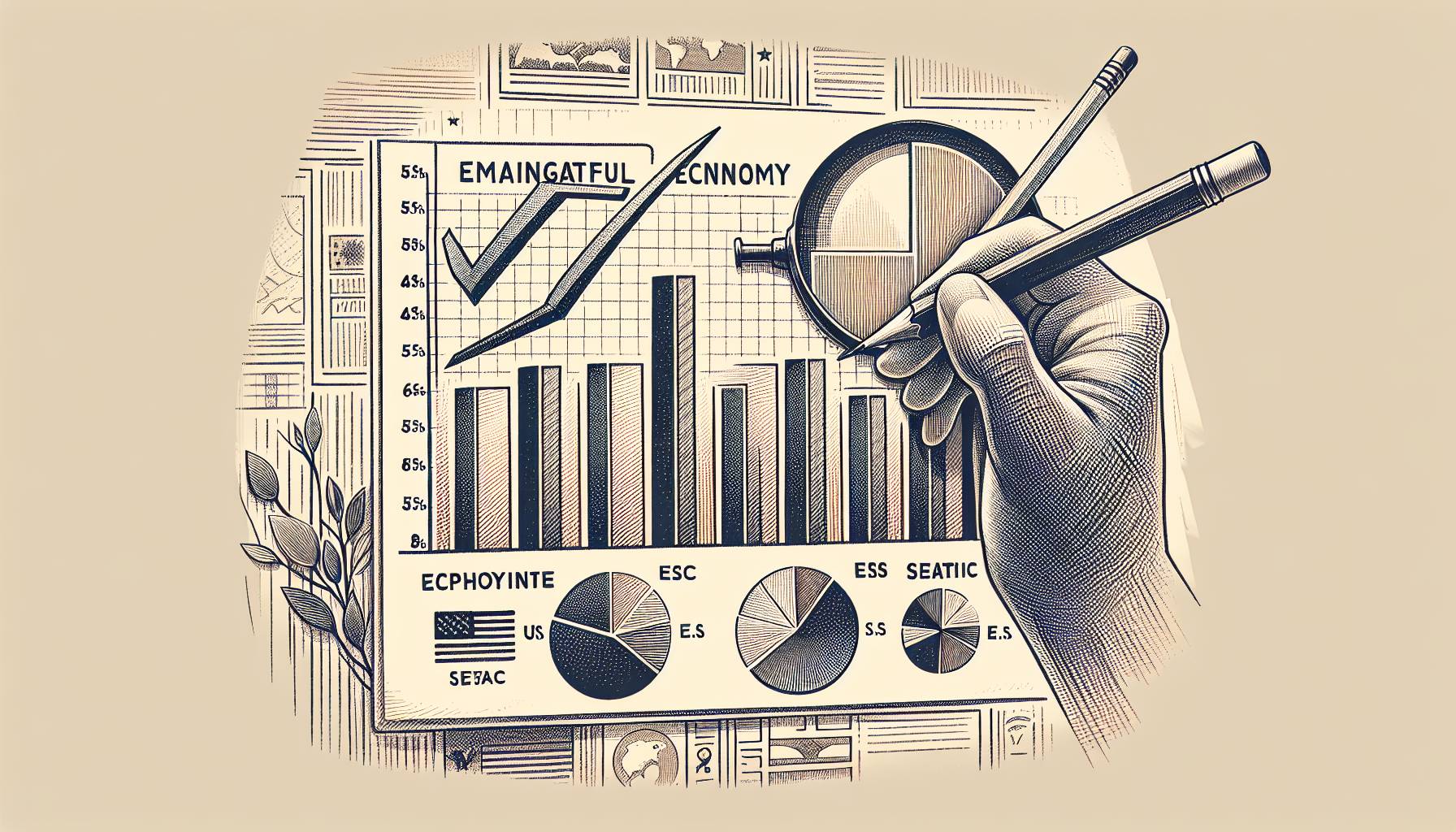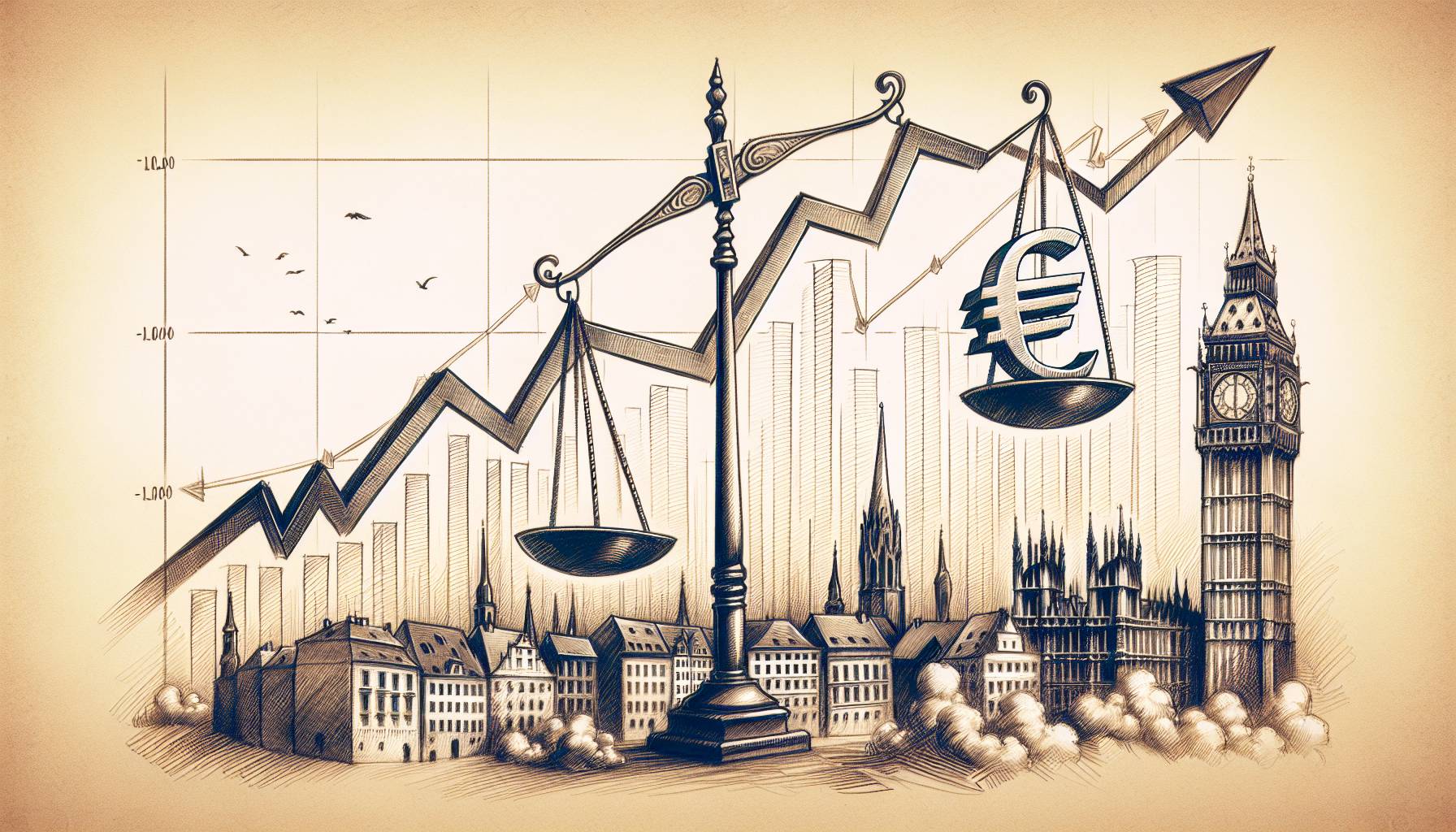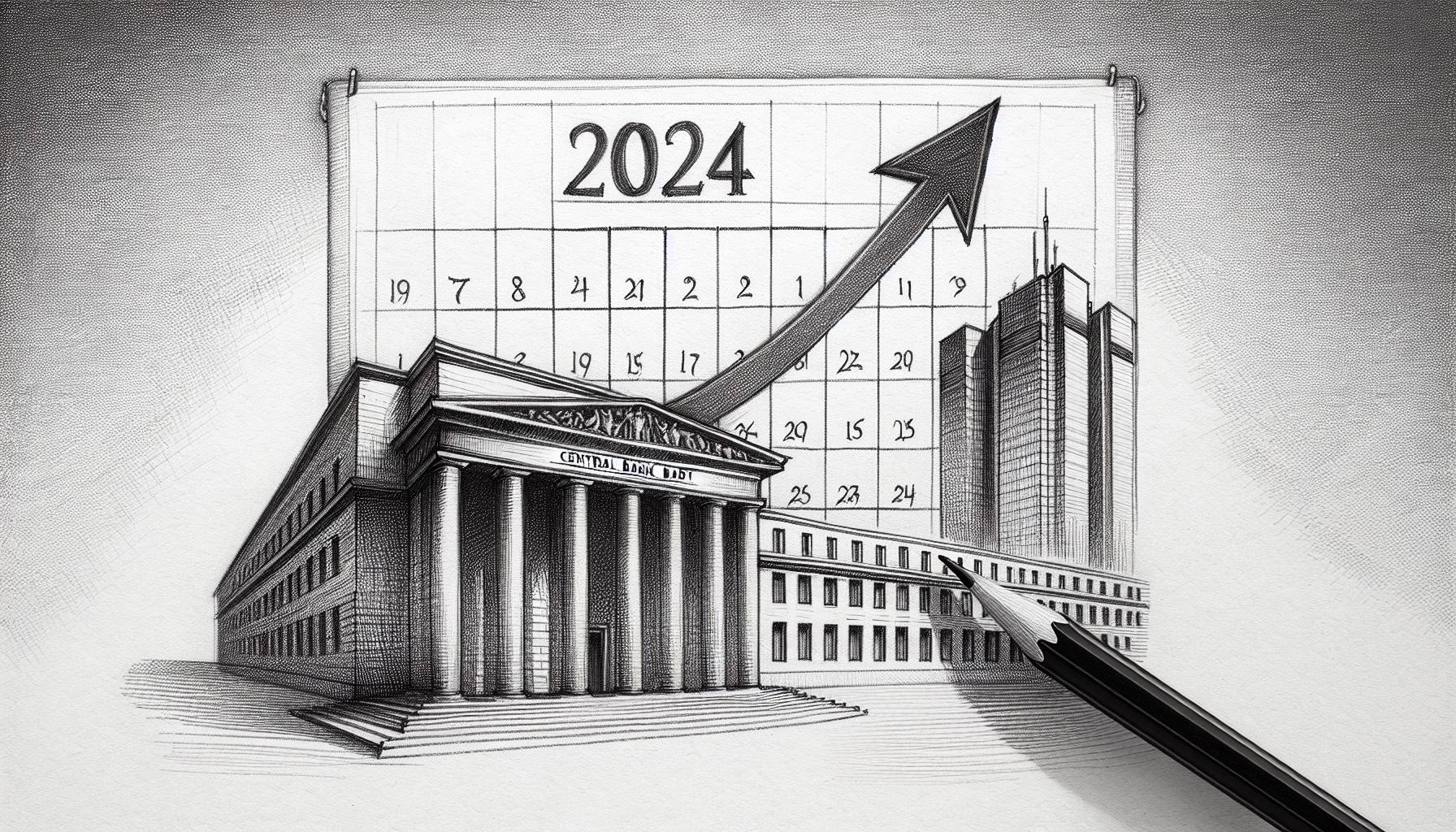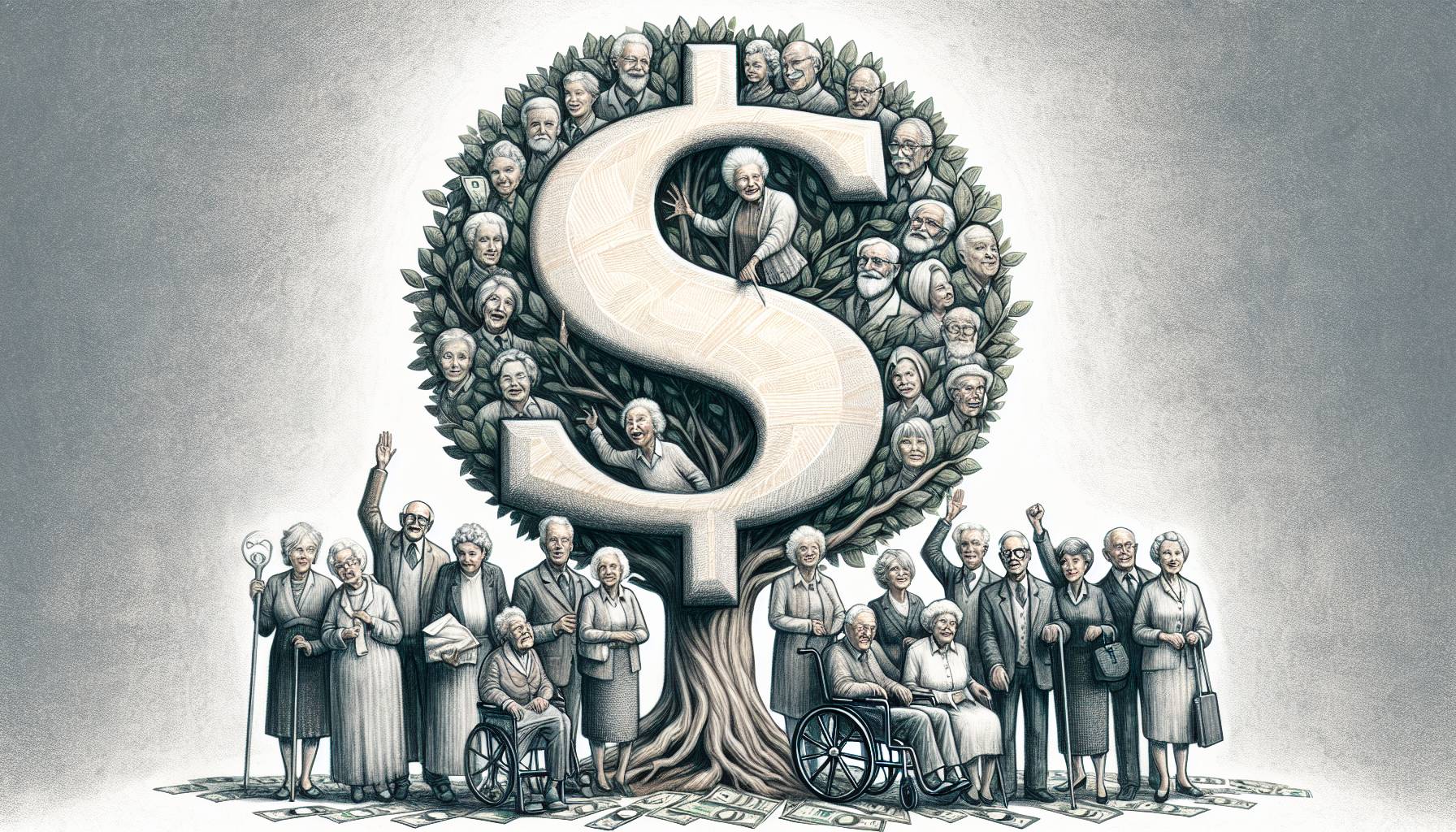This month, the United Nations’ focus on Sustainable Development Goal 8 highlights the significance of Decent Work and Economic Growth, aiming to promote inclusive, enduring economic development and secure jobs with good working conditions for all. The COVID-19 pandemic led to the worst economic crisis in decades, undoing progress in critical areas related to decent work. Although the global economy has improved gradually since 2021, the recovery is still fragile, with job availability remaining a concern. In response, governments and organizations worldwide are collaborating to develop policies and initiatives that encourage job creation, support small and medium-sized enterprises, and nurture entrepreneurship. They are also emphasizing the need for training and education programs to prepare workers for adapting to the evolving job market and boosting their prospects of securing decent, sustainable employment.
As we near the mid-point evaluation of the 2030 Agenda, it is apparent that numerous crises are straining the 17 Sustainable Development Goals. Economic growth has decelerated in the United States, European Union, and other developed economies, with global repercussions. World output growth is projected to decline from approximately 3.0% in 2022 to 1.9% in 2023, representing one of the lowest growth rates in recent memory. Furthermore, rising occurrences of natural disasters and pandemics worsen the challenges in attaining SDGs, particularly in vulnerable regions globally. Ongoing collaborative efforts among governments, organizations, and individuals are crucial in addressing these hindrances and fostering progress toward realizing the 2030 Agenda.
From 2015 to 2019, the real GDP per capita had an average annual growth rate of 1.8% before dropping significantly by 4.1% in 2020. It then increased by 5.2% in 2022 but is expected to grow slower in 2023, falling short of the SDG target of 7%. The reduced growth can be attributed to various factors, such as pandemic-related economic disruptions and prevailing geopolitical tensions. To achieve the SDG target, governments and policymakers must enforce efficient economic strategies focusing on innovation, infrastructure development, and inclusive growth to enhance GDP per capita.
Worldwide employment opportunities have been seriously affected, particularly for women and young people. The UN Secretary-General’s 2023 SDGs Report indicates a substantial decrease in unemployment rates in 2022, with global unemployment totaling 192 million. However, job recovery has been slower in developing countries, with rates exceeding pre-pandemic levels. In many of these areas, insufficient support structures and resources have exacerbated the situation, leading to a rising number of individuals struggling to find steady employment. Moreover, disproportionate impacts on women and youth not only worsen existing inequalities but also pose significant challenges in attaining long-term sustainable development and social progress.
Other impediments, such as climate change effects, hinder nations from achieving productive employment and decent work for all. Additionally, the growing frequency and intensity of natural disasters caused by climate change can result in considerable economic disruptions, leading to job losses and diminished income opportunities for many individuals. As a result, governments and international organizations must create more resilient and adaptable employment structures to ensure sustainable, secure livelihoods for all citizens.
Youth unemployment rates are consistently higher than adult rates, emphasizing the ongoing difficulties in providing opportunities for young individuals. The pandemic has disproportionately affected women and young people in the job market; while some progress has been made, barriers to securing decent employment remain. These barriers often include limited experience, a lack of networking opportunities, and competition with more experienced professionals. Addressing the youth unemployment crisis demands targeted efforts, such as skill development programs and mentorship initiatives, to bridge the gap and give young individuals a competitive advantage in the job market.
Furthermore, many young people, especially young women, were not engaged in education, work, or training in 2022, primarily in Central, Southern, and Western Asia, and Northern Africa. This disengagement has widened the gender gap in these regions, exacerbating socio-economic disparities and restricting opportunities for personal growth and development. Solving this issue requires targeted interventions, such as investments in female-focused education and skill-building initiatives, to provide a sturdy foundation for these young women to establish stable, prosperous futures.
To achieve SDG 8, a comprehensive strategy is essential, addressing issues like increasing debt and economic instability while focusing on the creation of lasting, inclusive opportunities for everyone, especially women and young people. Incorporating policies that encourage economic growth, fair labor practices, and balancing social and environmental concerns will be crucial for sustainable development. By empowering marginalized groups and providing access to quality education and resources, we can bridge gaps and build the groundwork for a thriving global economy.
The UN’s emphasis on Decent Work and Economic Growth highlights the need for inclusive and sustainable economic development in response to the COVID-19 pandemic and related crises. The path to recovery is fragile, with significant disparities in the labor market and uneven global growth rates. Consequently, a holistic strategy tackling economic instability, rising debt, and creating opportunities for vulnerable populations is essential for achieving SDG 8 by 2030. This strategy requires collaboration among governments, the private sector, and international organizations to devise policies that promote equitable economic growth, support skills development, and encourage entrepreneurship. Additionally, nurturing innovations that reduce environmental impacts and leverage technological advancements will contribute towards a more sustainable, resilient, and inclusive global economy, allowing societies to progress while leaving no one behind.
FAQs on Decent Work and Economic Growth in August 2023
1. What is the current status of the global economy in relation to Sustainable Development Goal 8?
The COVID-19 pandemic has led to an economic crisis and undone progress in areas related to decent work. The global economy has improved gradually since 2021, but job availability remains a concern. The UN aims to promote inclusive economic development and secure jobs with good working conditions for all. Governments and organizations are collaborating on initiatives that promote job creation, support small businesses, and nurture entrepreneurship.
2. How has global economic growth been affected by the ongoing crises?
Real GDP per capita growth has decreased due to factors like pandemic-related disruptions and geopolitical tensions. Governments and policymakers must implement efficient economic strategies to achieve the SDG target of a 7% GDP per capita growth rate, focusing on innovation, infrastructure development, and inclusive growth.
3. What challenges do women and young people face in the job market?
Worldwide employment opportunities have been severely affected, especially for women and young people. In many developing countries, job recovery has been slower, leading to rising unemployment rates. To achieve long-term sustainable development, targeted efforts such as skills development programs and mentorship initiatives must be implemented to support these vulnerable groups.
4. How does climate change impact decent work and economic growth?
Climate change and natural disasters can cause significant economic disruptions, leading to job losses and diminished income opportunities. Governments and international organizations must create more resilient and adaptable employment structures to ensure sustainable, secure livelihoods for all citizens.
5. What can be done to address the youth unemployment crisis?
Addressing the youth unemployment crisis requires targeted efforts like skill development programs and mentorship initiatives that help young individuals gain a competitive edge in the job market. Providing access to quality education and resources can help bridge gaps and lay a foundation for a thriving global economy.
6. What are the ways in which SDG 8 can be achieved?
A comprehensive strategy addressing debt, economic instability, and the creation of lasting, inclusive opportunities for all is essential for achieving SDG 8. Policies that promote economic growth, fair labor practices, and balancing social and environmental concerns are critical for sustainable development.
7. How can we ensure a sustainable, resilient, and inclusive global economy?
Collaboration among governments, the private sector, and international organizations is necessary to devise policies promoting equitable economic growth, skills development, and entrepreneurship. Innovations that reduce environmental impacts and leverage technological advancements contribute to a more sustainable, resilient, and inclusive global economy, allowing societies to progress while leaving no one behind.
First Reported on: un.org
Featured Image Credit: Photo by Markus Spiske; Unsplash; Thank you!













